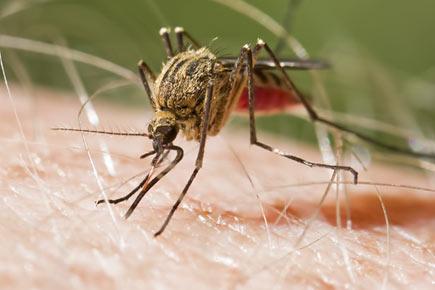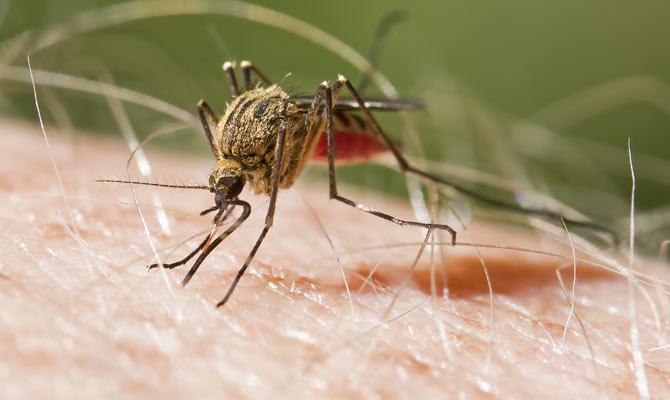India faces the imminent threat of malaria parasites that are resistant to the drug artemisinin, the frontline treatment against malaria, spreading from Myanmar into its territory, putting thousands of lives at risk, researchers have warned

London: India faces the imminent threat of malaria parasites that are resistant to the drug artemisinin, the frontline treatment against malaria, spreading from Myanmar into its territory, putting thousands of lives at risk, researchers have warned.
The research team confirmed resistant parasites in Homalin, Sagaing Region located only 25 kms from the Indian border.
ADVERTISEMENT
If drug resistance spreads from Asia to the African sub-continent, or emerges in Africa independently, millions of lives will be at risk, the researchers added.

Representational picture
"We are facing the imminent threat of resistance spreading into India, with thousands of lives at risk," explained professor Mike Turner, head of infection & immunobiology at Britain-based Wellcome Trust.
The researchers examined whether parasite samples collected at 55 malaria treatment centres across Myanmar carried mutations in specific regions of the parasite's kelch gene (K13) - a known genetic marker of artemisinin drug resistance.
The team obtained the DNA sequences of 940 samples of malaria infections (known as Plasmodium falciparum malaria parasites) from across Myanmar and neighbouring border regions in Thailand and Bangladesh between 2013 and 2014. Of those 940 samples, 371 (39 percent) carried a resistance-conferring K13 mutation.
Using this information, the researchers developed maps to display the predicted extent of artemisinin resistance determined by the prevalence of K13 mutations.
The maps suggest that the overall prevalence of K13 mutations was greater than ten percent in large areas of the East and North of Myanmar, including areas close to the border with India.
The collection of samples from across Myanmar and its border regions was led by Kyaw Myo Tun of Defence Services Medical Research Centre, Napyitaw, Myanmar and coordinated by the Mahidol-Oxford Tropical Medicine Research Unit (MORU) in Bangkok, Thailand.
"Drug resistant malaria parasites in the 1960s originated in Southeast Asia and from there spread through Myanmar to India, and then to the rest of the world where it killed millions of people," Turner noted.
"The new research shows that history is repeating itself with parasites resistant to artemisinin drugs, the mainstay of modern malaria treatment, now widespread in Myanmar," Turner explained.
The study appeared online in the journal Lancet Infectious Diseases.
 Subscribe today by clicking the link and stay updated with the latest news!" Click here!
Subscribe today by clicking the link and stay updated with the latest news!" Click here!







